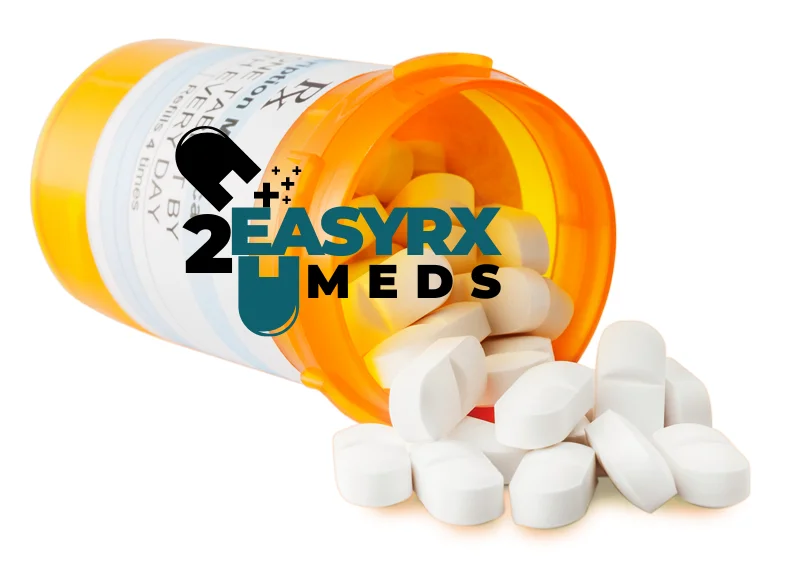There is no item in your cart
Benefits:
1. Effective Pain Relief:
- Acute Pain: Zipsor vs diclofenac is highly effective for short-term pain relief, especially for acute pain conditions such as sprains, strains, or pain after surgery.
- Inflammation Reduction: It helps reduce inflammation, swelling, and stiffness associated with various conditions, including osteoarthritis and rheumatoid arthritis.
2. Improved Mobility:
- By reducing pain and inflammation, Zipsor can improve joint mobility and function in patients with arthritis, helping them perform daily activities with less discomfort.
3. No Sedation:
- Unlike some pain medications, Zipsor doesn’t cause sedation or drowsiness, allowing individuals to use it during the day without feeling overly tired or sluggish.
Side Effects:
1. Common Side Effects:
These side effects are typically mild and may not require medical attention. However, if they persist or worsen, you should consult a healthcare professional:
- Stomach upset or indigestion
- Nausea or vomiting
- Headache
- Dizziness or lightheadedness
- Diarrhea or constipation
- Swelling (edema) in the hands, feet, or ankles
- Rash or skin irritation
2. Serious Side Effects:
These are rarer but can be more severe and require immediate medical attention:
- Gastrointestinal (GI) issues:
- Stomach ulcers, bleeding, or perforation: NSAIDs like Zipsor can increase the risk of severe stomach and intestinal issues. Symptoms may include:
- Black or bloody stools
- Vomiting blood or a substance that looks like coffee grounds
- Severe stomach pain
- Stomach ulcers, bleeding, or perforation: NSAIDs like Zipsor can increase the risk of severe stomach and intestinal issues. Symptoms may include:
- Cardiovascular problems:
- Heart attack or stroke: Long-term or high-dose use of NSAIDs increases the risk of heart attack or stroke. Symptoms of a heart attack include:
- Chest pain or pressure
- Shortness of breath
- Weakness in one side of the body or slurred speech
- High blood pressure: Zipsor may raise blood pressure, potentially leading to complications.
- Heart attack or stroke: Long-term or high-dose use of NSAIDs increases the risk of heart attack or stroke. Symptoms of a heart attack include:
- Kidney problems:
- Kidney damage: Symptoms include:
- Change in the amount of urine
- Swelling of the legs, ankles, or feet
- Unusual fatigue
- Nausea or vomiting
- Kidney damage: Symptoms include:
- Liver damage:
- Liver toxicity: Symptoms include:
- Yellowing of the skin or eyes (jaundice)
- Dark urine
- Unexplained fatigue
- Upper stomach pain
- Liver toxicity: Symptoms include:
- Severe allergic reactions:
- Symptoms of a serious allergic reaction to Zipsor include:
- Rash, itching, or swelling (especially of the face/tongue/throat)
- Severe dizziness
- Trouble breathing
- Symptoms of a serious allergic reaction to Zipsor include:
- Anemia: Zipsor can sometimes cause low red blood cell count, leading to symptoms such as fatigue, weakness, or pale skin.
3. Other Considerations:
- Risk of bleeding: NSAIDs like Zipsor can impair blood clotting, so they should be used with caution in people with a history of bleeding disorders.
- Pregnancy and breastfeeding: Zipsor is generally not recommended during the later stages of pregnancy (third trimester) due to the risk of harm to the baby. It may also pass into breast milk, so it should be used cautiously during breastfeeding.
- Drug interactions: Zipsor can interact with other medications, including:
- Anticoagulants (e.g., warfarin)
- Other NSAIDs
- Blood pressure medications
- Diuretics (water pills)
When to Seek Medical Attention:
- If you experience any of the serious side effects mentioned, stop taking the medication and seek immediate medical care.
- Always consult your doctor before starting or stopping Zipsor, especially if you have any preexisting health conditions or are taking other medications.
If you need more detailed information or have specific concerns about using Zipsor, it’s best to consult a healthcare provider.



Reviews
There are no reviews yet.